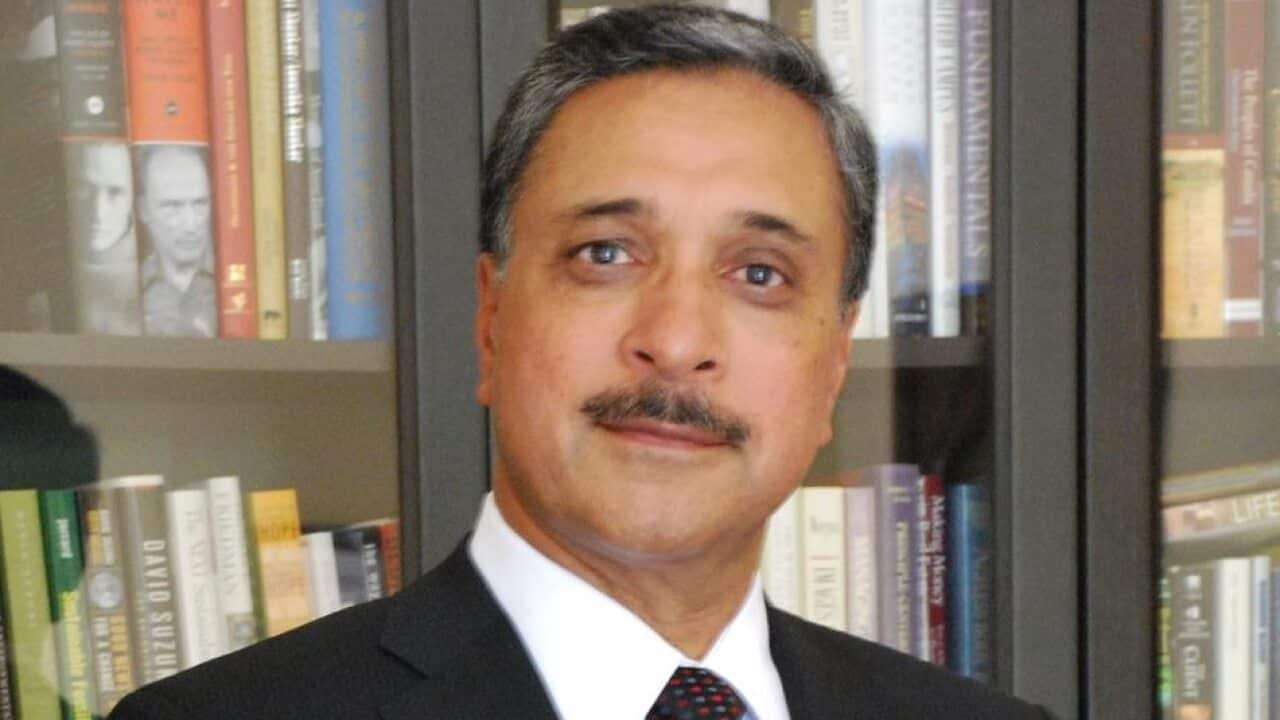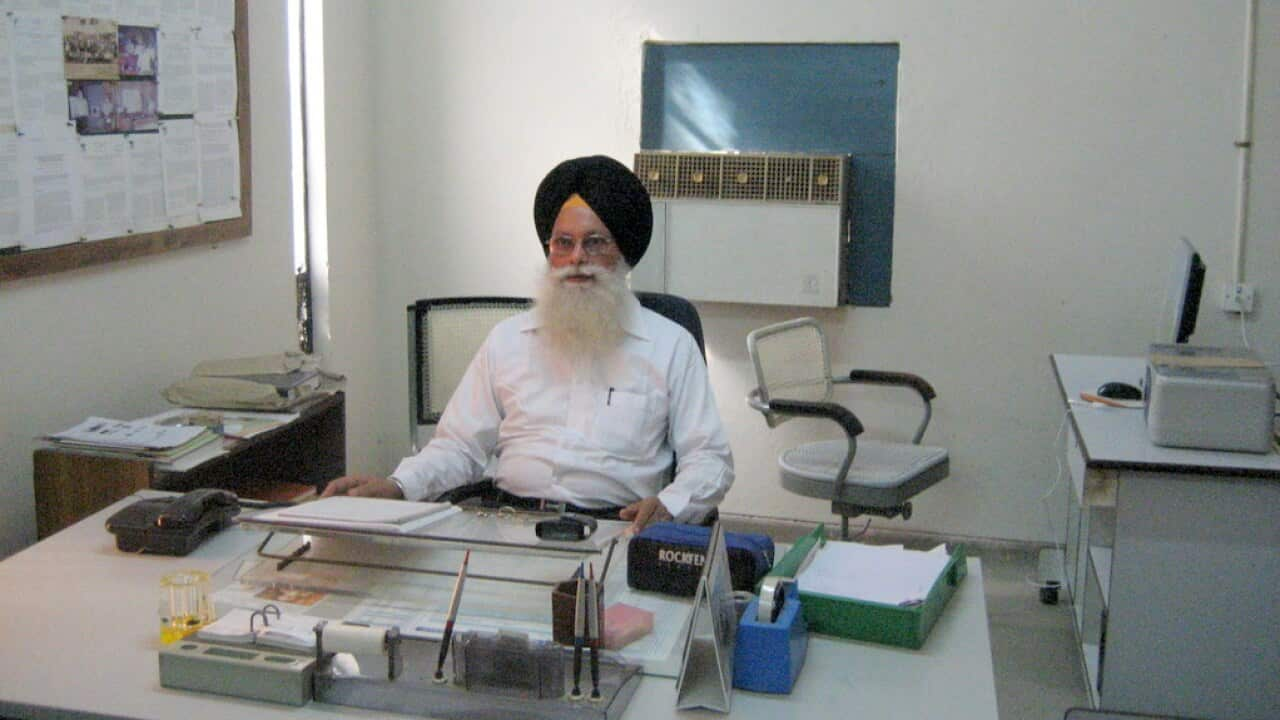Speaking to SBS Punjabi, Dr Surinder Singh said, ‘During my 34 years in the field of research I was invited by Australian government many times to participate in conferences and research projects. And after my retirement in 2013, Australian government offered me a Distinguished Talent Visa, which is usually offered to eminent personalities from across the globe. I migrated to Australian on that visa in year 2014 with my family’.
‘After migrating to Australia I started working as visiting professor with University of Wollongong to study earthquake patterns in mountain areas of Adelaide. I have recommended Australian government to start exploring uranium based energy power plants, because this country has the richest source of uranium in world’. Dr Singh told SBS Punjabi that Australia tops the list of countries with a uranium reserve and more than 50% of the world’s uranium is available here.
Dr Singh told SBS Punjabi that Australia tops the list of countries with a uranium reserve and more than 50% of the world’s uranium is available here.

After migrating to Australia Prof Singh started working as visiting professor with University of Wollongong Source: Prof Surinder Singh
Dr Surinder Singh shared that, ‘I was engaged by governments of Punjab and India to conduct soil analysis to check the levels of uranium. Most of the water in Malwa belt of Punjab contains high quantities of uranium and in some areas it is 20 times more than the acceptable limits. My team found that ‘Toshan granites' have intrusion in soil and the uranium contained in those granites was leaked in the underground waters’.
Leaders in research

Einstein and Newton wrong, India invented stem cell research, academics say
‘We worked in collaboration with BHABHA atomic research center and invented special RO water systems to filter water in those uranium enriched areas. Unfortunately, the animals are still drinking that hard water enriched with uranium and same is going to crops and vegetables and is eventually going into humans in form of milk and other stuff’.
Comparing research and facilities in India and Australia, Dr Surinder Singh commented, ‘India has far more manpower but not much facility. On the other hand, Australia has much better equipment and facilities but very few people are coming in the field of research’. ‘Research requires lots of patience as some researches are quite complex and take much longer than others. I urge all Punjabis to come forward in the field of research as only those communities succeed who dedicate lots of resources in doing researches’.
‘Research requires lots of patience as some researches are quite complex and take much longer than others. I urge all Punjabis to come forward in the field of research as only those communities succeed who dedicate lots of resources in doing researches’.

Prof Singh worked in collaboration with BHABHA atomic research center. Source: Prof Surinder Singh
Punjabies on top University positions

Prof. Deep Saini joins as vice-chancellor of University of Canberra
During this period of his services in India, 32 people attained their PhDs under him and have published more than 250 papers on various fields.








